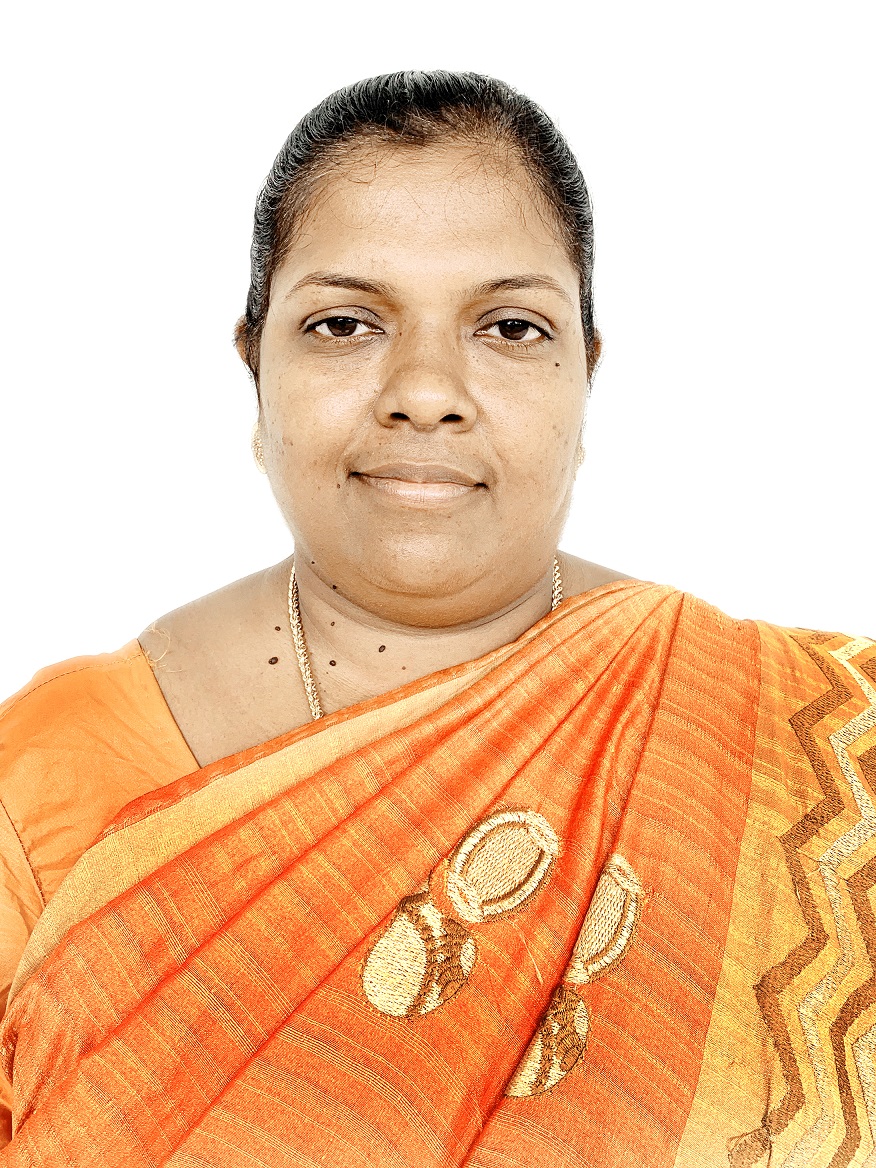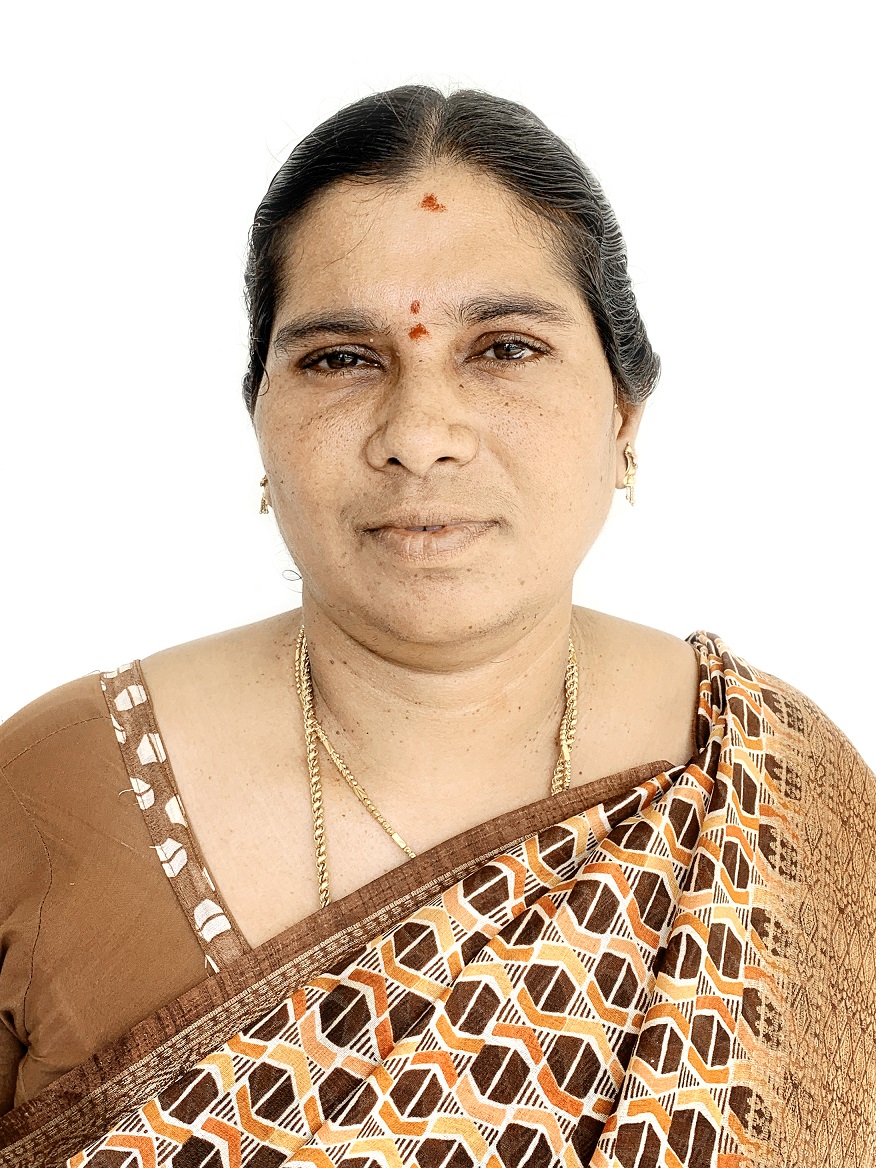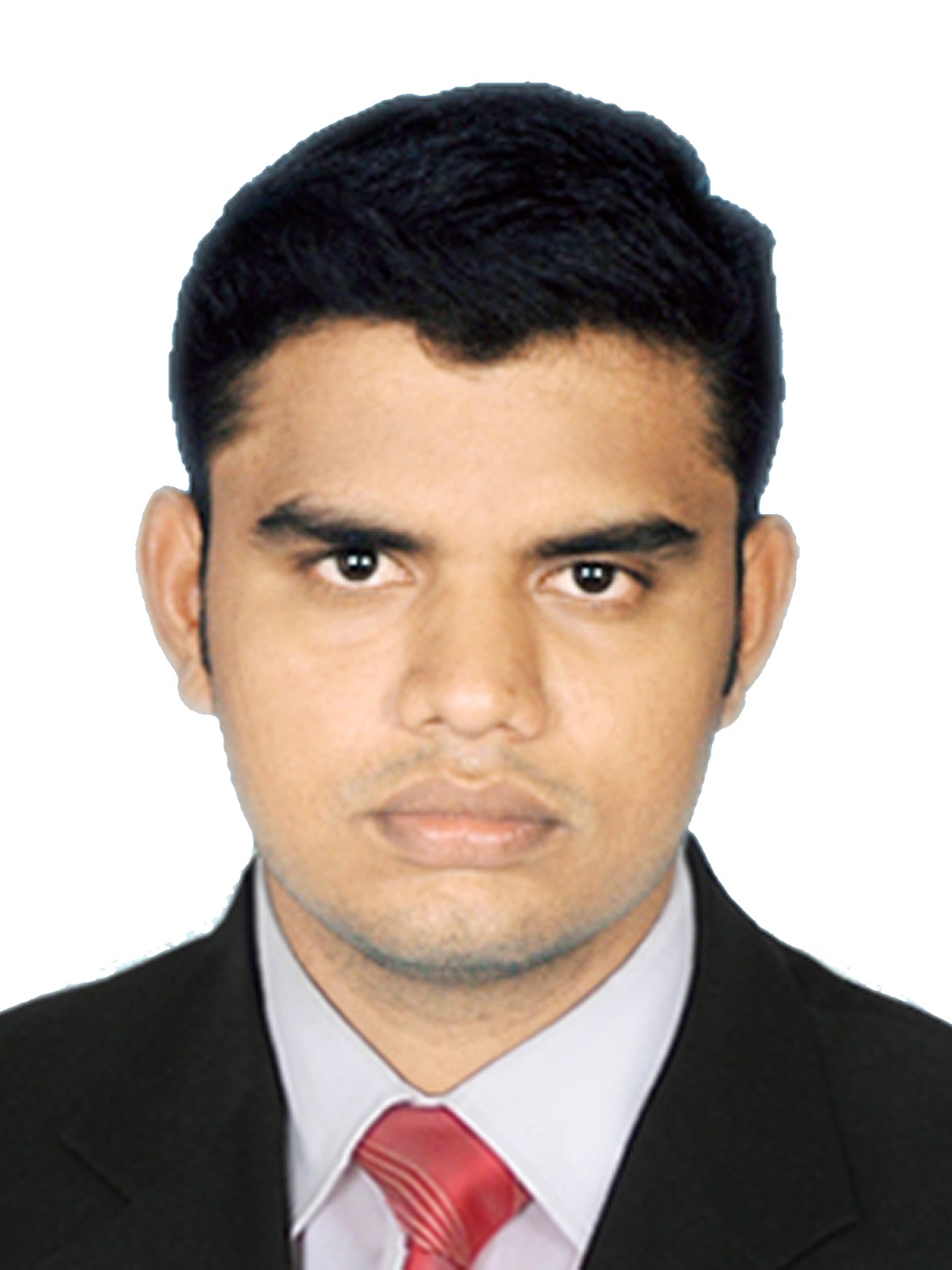Department Info.
The Department of Computer Science and Engineering was established in the year 2008. The Department of Computer Science & Engineering is a centre of excellence providing in- depth technical knowledge and opportunities for innovation and research with up-to-date computing facilities. The department is well equipped with latest hardware and software in order to provide students with a great deal of hands-on exposure in software designing, coding, testing, deployments and overall programming capabilities.
The Department has well-qualified and experienced faculty members from various reputed institutions who are specialized in various domains like machine learning, Databases, Artificial Intelligence, Design and Analysis of Algorithms, Compiler design, Web Technology, Cryptography and Computer Networks. The Department provides opportunities and resources to its faculty and students for the pursuit of research and academic excellence. Many of our department faculty members have published paper in reputed journals, conference papers and articles.
The department has produces many brilliant students over the years, who have bagged prestigious job in India and Abroad. Faculty members are also encouraging students to take up projects in upcoming research areas to improve their knowledge in advanced topics. NPSBCET boosts of its excellent placement record over the years and the department of CSE has been the leader in the terms of placement.
In future the departmental research is focused in the areas of Machine Learning, Cryptography and Information Extraction, Artificial Intelligence, Software Engineering, Image Processing and Computer Vision, Pattern Recognition, Data and Web mining, Semantic web, Natural Language Processing (NLP) , Data Analytics.
Besides classroom teaching and laboratory exercises, the students are motivated through creative activities and cultural fests .They are also encouraged to participate in various group learning and discussion activities in addition to presentation of seminar and term paper presentations on individual basis. Emphasis is laid on computer based assignments through modeling and simulation.
The CSE Department organized National Conferences, Seminars, student Symposium, short- term Training program and Value Added courses. This provides a wide range of opportunities for faculty and students to bring out their potential and innovative skills in a variety of fields. The department has conducted workshop/seminar on current trends in computer technology.
VISION:
Emerge as To develop into a renewed reputable department for generating globally competent Computer Science Engineers dedicated to societal progress.
MISSION:
M1.Infrastructure and Curriculum Development: Excellent infrastructure and innovative curriculum to meet global requirements.
M2.Skill Development: Organize workshops, seminars, and hands-on training sessions to equip students with the required technical skills. Also emphasize the development of soft skills like communication, leadership, and teamwork.
M3.Research, Innovation and Collaboration: Encourage students and faculty to engage in ground-breaking research and innovative projects in association with Industry.
PROGRAM EDUCATIONAL OBJECTIVES (PEOs)
Within three to five years, our graduates of Computer Science and Engineering program are expected to:
PEO1.Shall get employed in National and Global Industries or to continue their higher education at prestigious institutions.
PEO2.Shall function as an effective team member in the professional practice, shall exhibit leadership abilities, professional ethics, communication skills, and interpersonal skills.
PEO3.Shall utilize basic competencies in problem solving, analysis, synthesis, and innovation who shall contribute to the advancement of their society and the Nation.
PROGRAM OUTCOMES (POs):
PO 1: Engineering knowledge: Apply the knowledge of mathematics, science, engineering fundamentals, and an engineering specialization to the solution of complex engineering problems.
PO 2: Problem analysis: Identify, formulate, review research literature, and analyze complex engineering problems reaching substantiated conclusions using first principles of mathematics, natural sciences, and engineering sciences.
PO 3: Design/development of solutions: Design solutions for complex engineering problems and design system
components or processes that meet the specified needs with appropriate consideration for the public health and safety, and the cultural, societal, and environmental considerations.
PO 4: Conduct investigations of complex problems: Use research-based knowledge and research methods including design of experiments, analysis and interpretation of data, and synthesis of the information to provide valid conclusions.
PO 5: Modern tool usage: Create, select, and apply appropriate techniques, resources, and modern engineering limitations.
PO 6: The engineer and society: Apply reasoning informed by the contextual knowledge to assess societal, health, safety, legal and cultural issues and the consequent responsibilities relevant to the professional engineering practice.
PO 7: Environment and sustainability: Understand the impact of the professional engineering solutions in societal and environmental contexts, and demonstrate the knowledge of, and need for sustainable development.
PO 8: Ethics: Apply ethical principles and commit to professional ethics and responsibilities and norms of the engineering practice.
PO 9: Individual and team work: Function effectively as an individual, and as a member or leader in diverse teams, and in multidisciplinary settings.
PO10: Communication: Communicate effectively on complex engineering activities with the engineering community and with society at large, such as, being able to comprehend and write effective reports and design documentation, make effective presentations, and give and receive clear instructions.
PO11: Project management and finance: Demonstrate knowledge and understanding of the engineering and management principles and apply these to one’s own work, as a member and leader in a team, to manage projects and in multidisciplinary environments.
PO12: Life-long learning: Recognize the need for, and have the preparation and ability to engage in independent and life-long learning in the broadest context of technological change.
PROGRAM SPECIFIC OUTCOMES (PSOs):
Students of the Computer Science and Engineering Program:
PSO1. Students will be able to comprehend, evaluate, and create computer applications and programs to met societal requirements.
PSO2. Students shall have skills and knowledge to develop software projects in latest tools and technologies.














